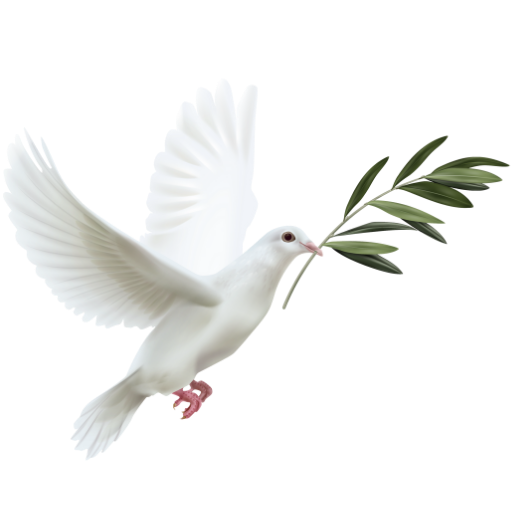
Paul Cezanne, the post-impressionist maverick, once famously declared, “The day is coming when a single carrot, freshly observed, will set off a revolution.” From a conventional standpoint, this might seem like an artist’s dramatic flourish – how could a humble root vegetable possibly ignite societal upheaval? But viewed through the lens of nonduality, Cezanne’s prophetic words resonate with a profound truth about the nature of reality and the transformative power of pure, unadulterated perception.

Nonduality, at its heart, points to the fundamental interconnectedness of all existence. It suggests that the perceived separation between “me” and “the world,” between observer and observed, is an illusion. There is, in essence, only one indivisible reality, a boundless field of consciousness in which all phenomena arise and subside.
So, what does this have to do with a carrot?
Cezanne’s emphasis on “freshly observed” is key. Typically, when we encounter an object like a carrot, our minds are quick to label it, categorise it, and file it away based on past experiences and conceptual knowledge. We see “a carrot” – something to be eaten, perhaps, or an ingredient for a stew. This is a filtered, intellectualised experience, one step removed from direct perception. We are not truly seeing the carrot in its vibrant, immediate actuality; we are seeing our idea of a carrot.
However, to “freshly observe” is to approach the carrot – or any object, any moment – without the screen of pre-conceived notions. It is to engage with it in a state of open, choiceless awareness. In this space of pure observation, something extraordinary can happen.

The Collapse of the Observer and the Observed
From a nondual perspective, when we truly, freshly observe the carrot, the artificial boundary between “observer” (you) and “observed” (the carrot) begins to dissolve. You are no longer a separate subject looking at an isolated object. Instead, there is simply seeing. In that seeing, the vibrant orange, the intricate texture, the subtle aroma, the sheer beingness of the carrot is experienced not as something external, but as an expression of the same consciousness that is experiencing it.
This isn’t merely an intellectual understanding; it’s a felt sense of unity. The carrot ceases to be just a “thing” and becomes a focal point through which the entirety of existence can be glimpsed. Its simple presence reveals the miraculous nature of all form, the silent, intelligent energy that manifests as both the seer and the seen.
The Revolution of Presence
This, then, is the revolution Cezanne may have intuited. It’s not a revolution of political or social structures in the traditional sense, though such changes can be byproducts. Rather, it’s a profound inner revolution – a complete overturning of our ingrained, dualistic way of perceiving and experiencing life.
When we realise, even for a fleeting moment, the nondual truth through the simple act of freshly observing a carrot, the implications are immense:
The Mundane Becomes Magical: Everyday objects and experiences are no longer seen as ordinary or insignificant. Each one becomes a portal to the sacred, a unique manifestation of the totality. The vibrant aliveness you perceive in the carrot is the same aliveness that pulses through you and the entire cosmos.
The Illusion of Separation Fades: The sense of being an isolated individual, separate from others and the world, is recognised as a mental construct. With this recognition, feelings of loneliness, alienation, and fear can begin to lose their grip. If all is one, who is there to fear? What is there to be separate from?
True Peace is Uncovered: The constant striving and seeking that characterises much of human existence is often rooted in the belief that happiness and fulfilment are to be found somewhere else, in some future achievement or acquisition. Nondual awareness reveals that peace and contentment are inherent in our true nature, in the simple beingness that is always present, unveiled when the mind’s chatter subsides in fresh observation.
Action Arises from Wholeness: This revolution in perception doesn’t necessarily lead to passivity. Instead, actions may begin to arise not from a sense of lack or egoic desire, but from a place of wholeness, compassion, and an understanding of interconnectedness.

The Ongoing Revolution
Cezanne’s day may not have arrived in a sudden, global cataclysm sparked by a root vegetable. But the revolution he spoke of is an ongoing, intimate one, available to anyone in any moment. It begins with the willingness to set aside our labels and judgments, to meet the world with fresh eyes, and to see the extraordinary in the ordinary.
That single carrot, when truly seen, is no longer just a carrot. It is a universe unto itself, reflecting the boundless mystery and beauty of the single, indivisible reality we are all a part of. To freshly observe it is to participate in the quiet, yet utterly transformative, revolution of waking up to what is. And in that simple act of seeing, the world, and our experience of it, is forever changed.


